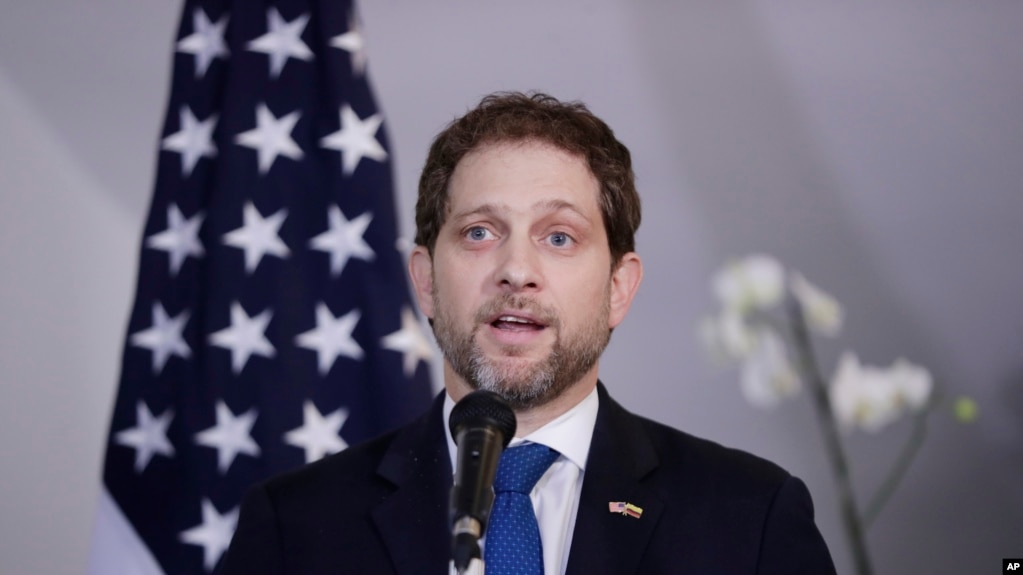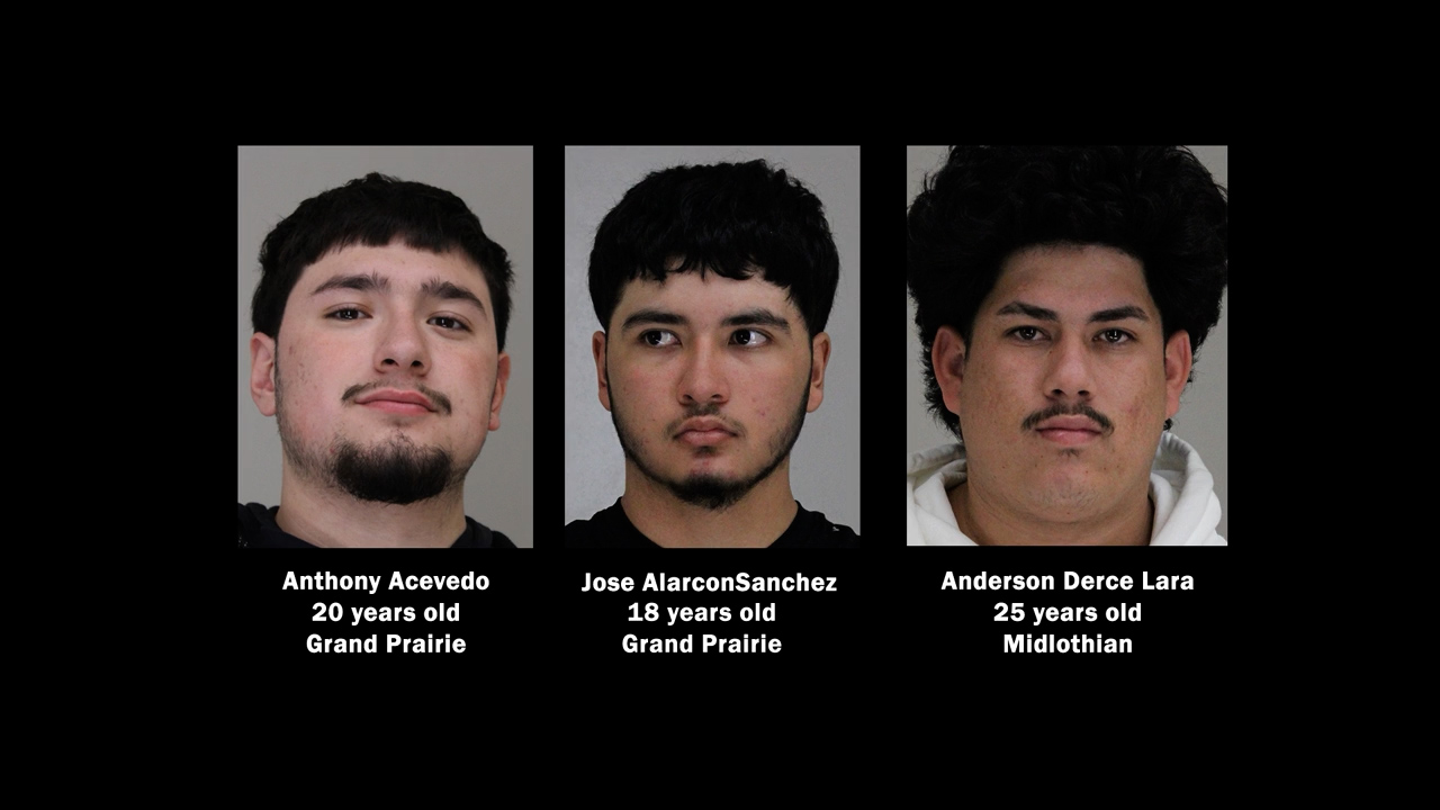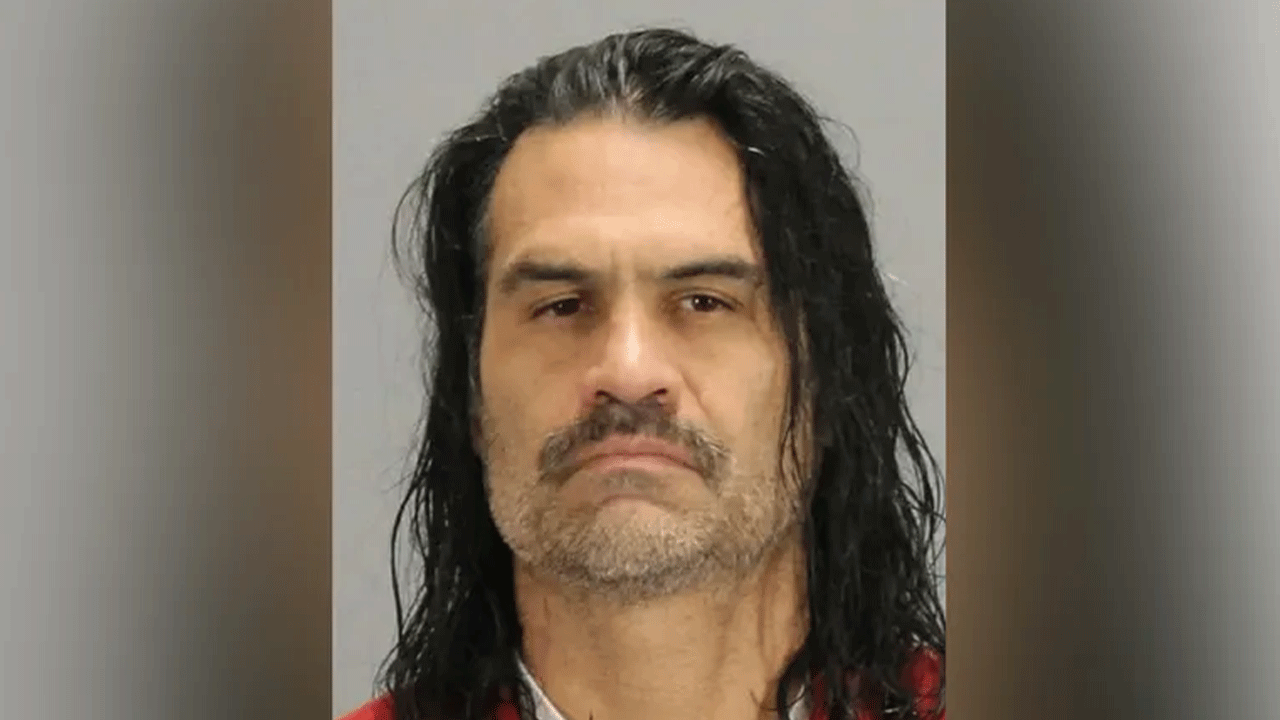A diplomatic source told Voice of America (VOA) on Wednesday (February 22) that senior officials in the United States and Taiwan had concluded discussions on a range of “security and diplomatic” issues, including the situation across the Taiwan Strait, Tensions between the U.S. and China amid Russia’s invasion of Ukraine, high-level visits between Washington and Taipei, and Taiwan’s engagement with European countries also facing the Russian threat.
Tuesday’s substantive high-level meeting follows another U.S.-Taiwan “policy talk” at the American Institute in Taiwan (AIT) U.S. headquarters on Jan. 6, 2023.
Because there is no official relationship between the United States and Taiwan, AIT is responsible for implementing U.S. Taiwan policy under the Taiwan Relations Act of 1979. In 1979, Washington switched its diplomatic recognition from Taipei to Beijing to counter what was then the Soviet Union.
White House Deputy National Security Advisor Jon Finer, U.S. Deputy Secretary of State Wendy Sherman, Assistant Secretary of Defense for Indo-Pacific Security Affairs Ely Ratner, and other U.S. officials met with a delegation led by Taiwan’s National Security Council Secretary Wellington Koo and Taiwan’s Foreign Minister Joseph Wu on Tuesday for hours of talks.
Sherman said in an interview with Voice of America on Thursday (February 23) that the United States maintains a “strong and unofficial” relationship with Taiwan.
“We have said repeatedly that no one should take unilateral actions to change the status quo in the Taiwan Strait,” said the No. 2 senior State Department official.
“It is in the world’s interest to maintain peace and stability in the Taiwan Strait, as we have done for decades,” Sherman said. She did not confirm but did not deny Tuesday’s talks.
U.S. officials said Washington’s longstanding policy had not changed.
“We continue to engage with Taiwan under the auspices of the American Institute in Taiwan and the Taipei Economic and Cultural Representative Office (TECRO), consistent with our longstanding policy,” State Department spokesman Ned Price said Wednesday.
The Taipei Economic and Cultural Representative Office is Taiwan’s office in the United States.
“As far as our very important yet unofficial relationship with Taiwan is concerned, I just want to stress that there is no change to the U.S. one-China policy based on the Taiwan Relations Act, the three joint communiqués and the six assurances to Taiwan,” said the head of East Asia. Assistant Secretary of State for Pacific and Pacific Affairs Daniel Kritenbrink told reporters at a briefing Wednesday. He was asked whether Tuesday’s meeting touched on the topic of a possible visit to the United States by Taiwanese President Tsai Ing-wen.
Conda was among the U.S. officials attending Tuesday’s meeting. He told VOA that the United States believes that maintaining a “pragmatic and functional relationship” with Taiwan is in the interests of the international community and various partners.
“To prevent miscalculation and escalation in the Taiwan Strait, we are keeping the communication channels open with the PLA,” Ratner, the Pentagon official, told VOA during the same phone briefing Wednesday.
Ratner added that the United States is disappointed by China’s reluctance to engage with senior U.S. military leaders for de-confliction talks.
“We have working-level communication between the Defense Department and the People’s Republic of China counterparts in Washington and Beijing, but we don’t have leadership-level communication despite the request from the U.S. side,” he said
. Tensions between the U.S. and China have intensified over the downing of a Chinese spy balloon by U.S. forces, while China’s support for Russia’s year-old invasion of Ukraine has also grown.
“The United States is very concerned about the deepening relationship between the People’s Republic of China and Russia and Chinese President Xi Jinping’s planned state visit to Moscow in the spring,” the diplomatic source said. On Saturday, U.S. Secretary of State
Antony Blinken A face-to-face meeting with China’s foreign affairs chief Wang Yi during a meeting on the sidelines of the Munich Security Conference. U.S. officials said Mr. Wang made “violent attacks” on the United States during the “frank, direct and sometimes confrontational” meeting that lasted about an hour.
Voachinese
Tags;officials




